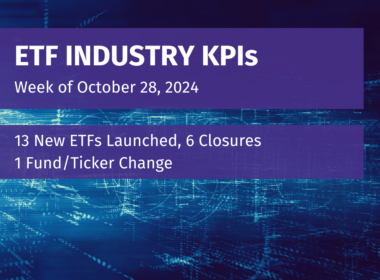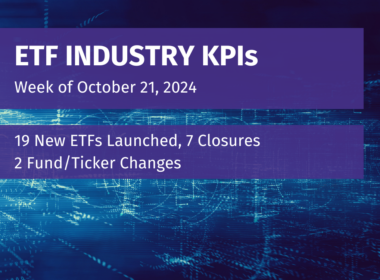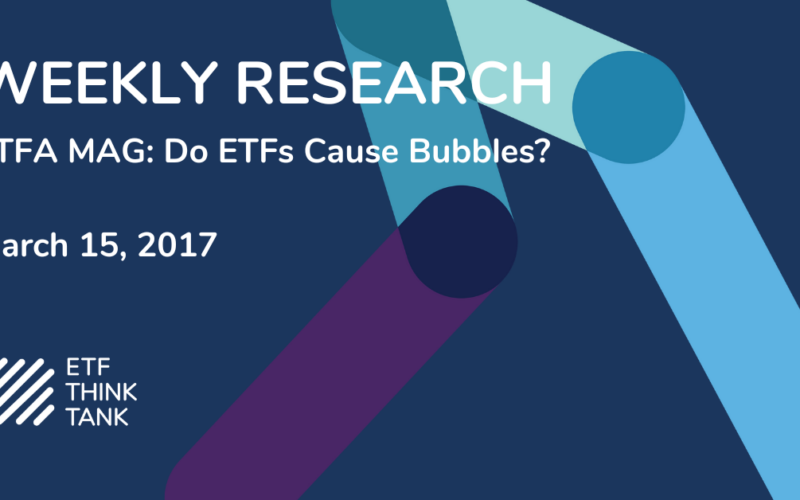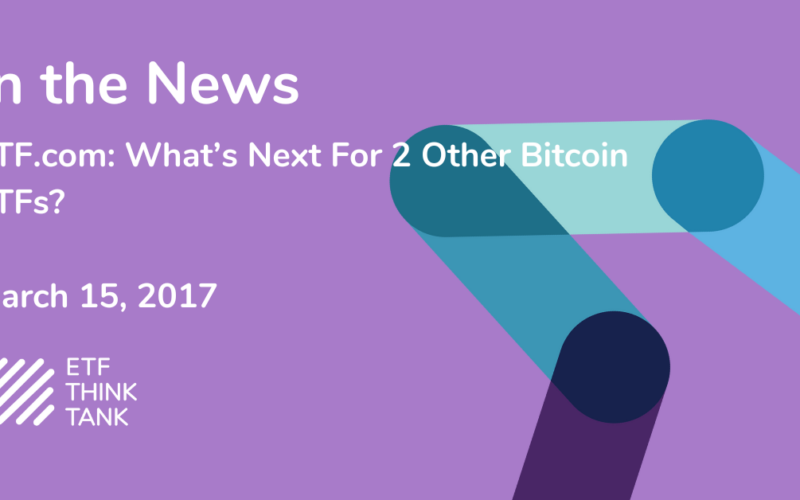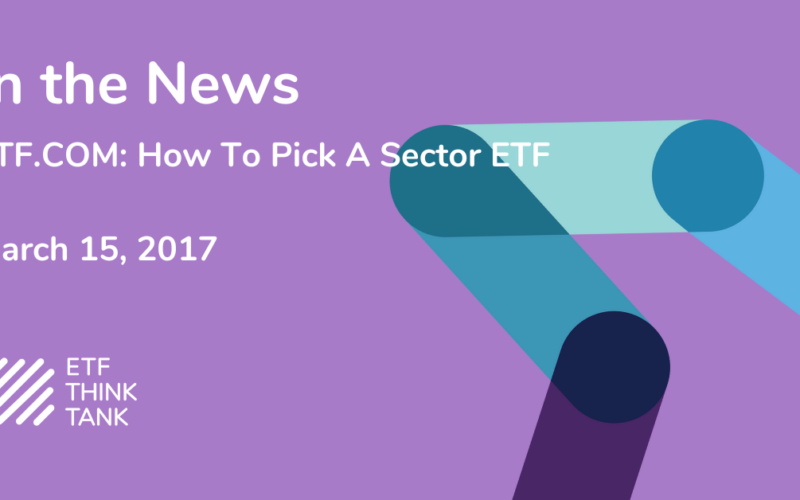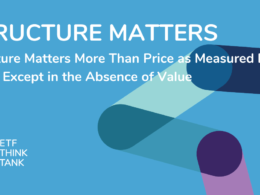As U.S. stock markets have reached all-time highs some people are pointing the finger at exchange-traded funds, arguing that ETFs have caused this run-up because they have become so popular so quickly, and in the process have created a bubble waiting to burst.
It is tempting to believe these bubble fears are true. After all, the growth of ETF assets under management has averaged almost 20 percent annually during the past 10 years. That’s spectacular growth, so it’s no surprise that recent headlines are warning investors to watch out for the trillion-dollar stock bubble being caused by ETFs and index funds.
So is there a bubble, and is that bubble being caused by ETFs?
Well, no—and yes. What we found is that there really isn’t an immediate, massive and dangerous bubble in the way suggested by the headlines. But bubbles might be forming in some less-liquid areas of the market.
Quantifying Ownership
We set out to find answers to this bubble question with hard data using “ownership software” we created at Toroso that measures whether ETFs are affecting valuations of individual stocks.
Our software takes the 500 ETFs focused on U.S. equities and compares them to all U.S. equities—essentially, the Russell 3000 Index. It tells us that right now, on average, ETFs own about 6.29 percent of the market value of every stock.
Again, that’s an average. Some stocks will have higher ETF ownership, meaning ETFs are more likely to affect valuations of underlying stocks, and some are going to have lower-than-average ETF ownership, meaning ETFs are less likely to affect valuations.
But that average is growing. The first time we used our software five years ago, ETFs owned an average of 2.67 percent of the market value of every stock, which makes concerns about the formation of a possible bubble more tangible. So, we looked more closely.
No Bubble For Large-Cap Stocks
We looked at Apple—one of the most widely held stocks—to get a better handle on this bubble question. Apple is 4.7 percent owned by ETFs. It represents 2.5 percent of our investable universe and only 2 percent of ETFs assets. In other words, it’s slightly under owned by ETFs.
I think it’s very hard to argue that Apple’s share price is being influenced by ETFs and that ETFs owning popular stocks like Apple are creating a bubble.
In other words, I would say what’s true about Apple is also true of just about all large-cap stocks in the S&P 500 Index or in the Russell 1000 Index. The data just does not support the argument that ETFs are causing the market to reach all-time highs. But ETFs are a convenient access point, and that’s about it. Below we list the average equity market-cap ownership by ETFs of major Indexes:
S&P 500: 4.7 percent
Russell 1000: 4.8 percent
S&P 1500: 4.9 percent
While we don’t believe there’s a broad-base bubble caused by ETFs, we do believe there are bubbles that ETFs have extended or expanded in specific sub-sectors of the stock market.
Bubble Risks In Sub-Sectors
Returning to Toroso’s ownership tool that clarified that Apple is definitely not over-owned, we noticed that the companies on our daily list of stocks that are over-owned by ETFs are frequently REITs or realty companies or property trusts.
In other words, the real estate sub-sector is a place where ETFs appear to be pushing up valuations. That’s a pretty good indication of what is quite likely a unique bubble in the ETF space.
Let’s look at one example: National Retail Properties, a well-known REIT. About 17 percent of its market cap is owned by ETFs. When you look at the various ETFs that own that stock, you find a big and varied list. It’s owned by the Vanguard REIT ETF (VNQ), the biggest fund in its category (the average ETF ownership of the stocks in its portfolio is 11.3 percent,) and it’s owned by dividend ETFs—neither of which is a surprise. It’s also owned by mid-cap and small-cap ETFs (National Retail Properties’ market cap of $6.3 billion typically places it in the mid-cap category, but some money managers define market-cap sizes differently), and even by style ETFs focused on both growth and value.
So the headlines may be right about a stock market bubble, or a bubble caused by ETFs. However, the data suggest:
1. ETFs have little to do with whether or not there is a bubble in the broader U.S. markets.
2. ETFs are likely perpetuating bubbles in certain sub-sectors.
Michael Venuto is chief investment officer at Toroso, a provider of ETF research and thought leadership.




